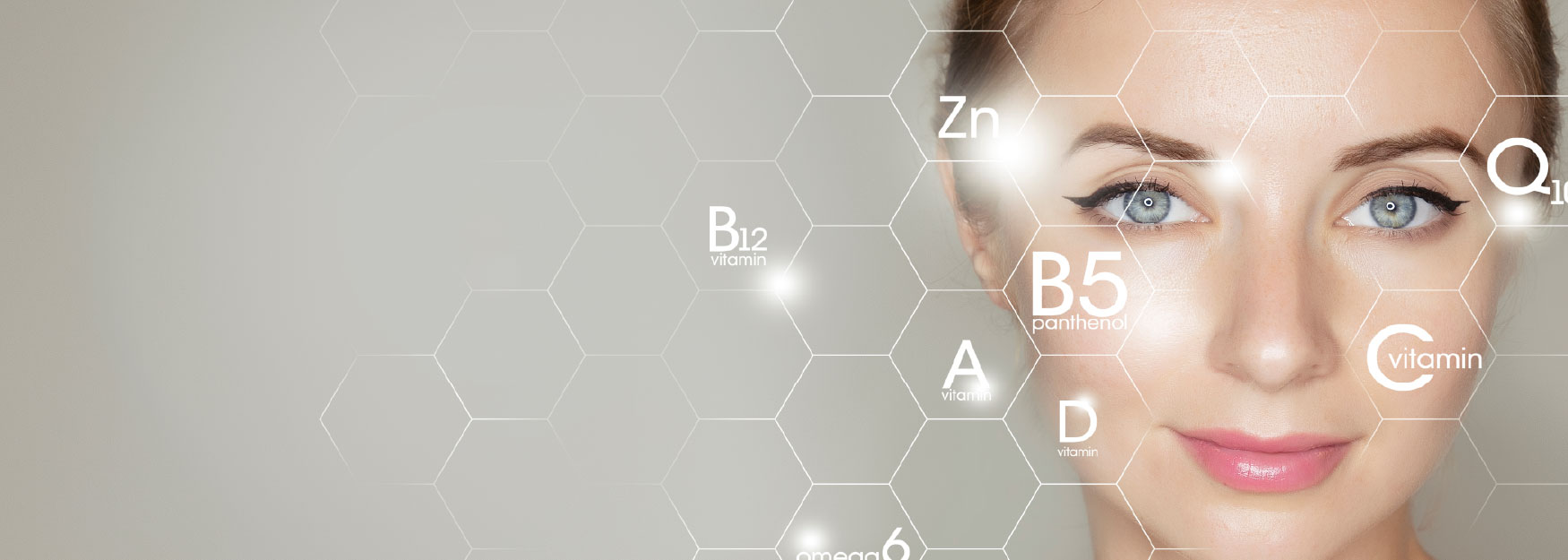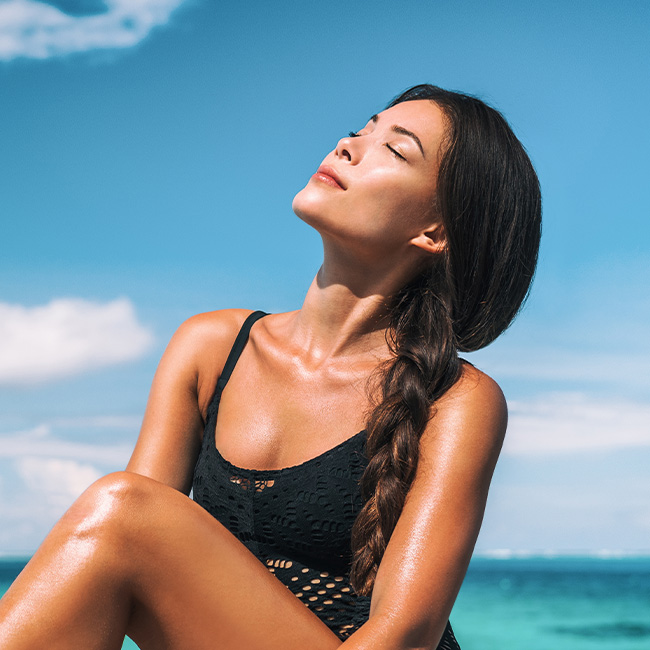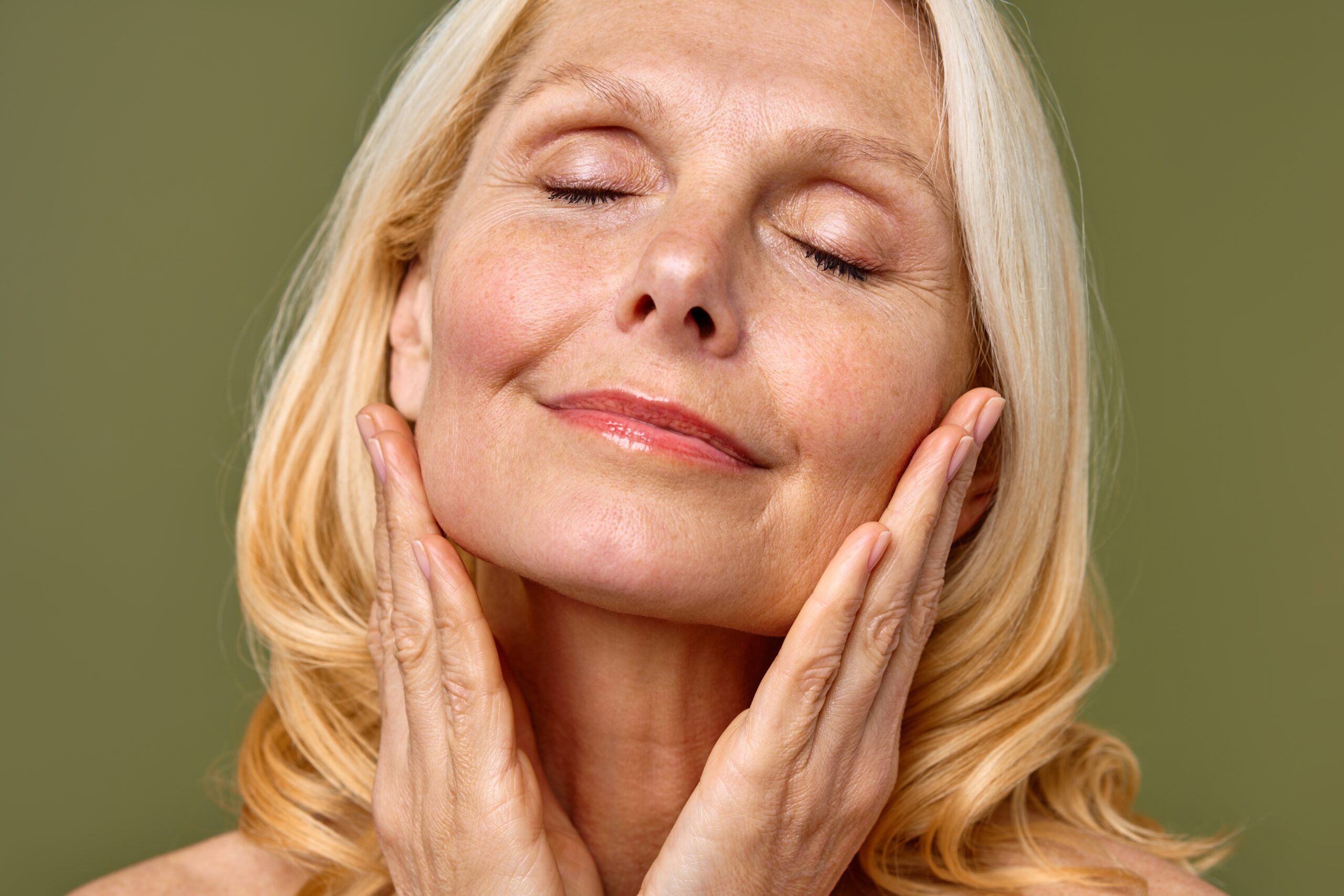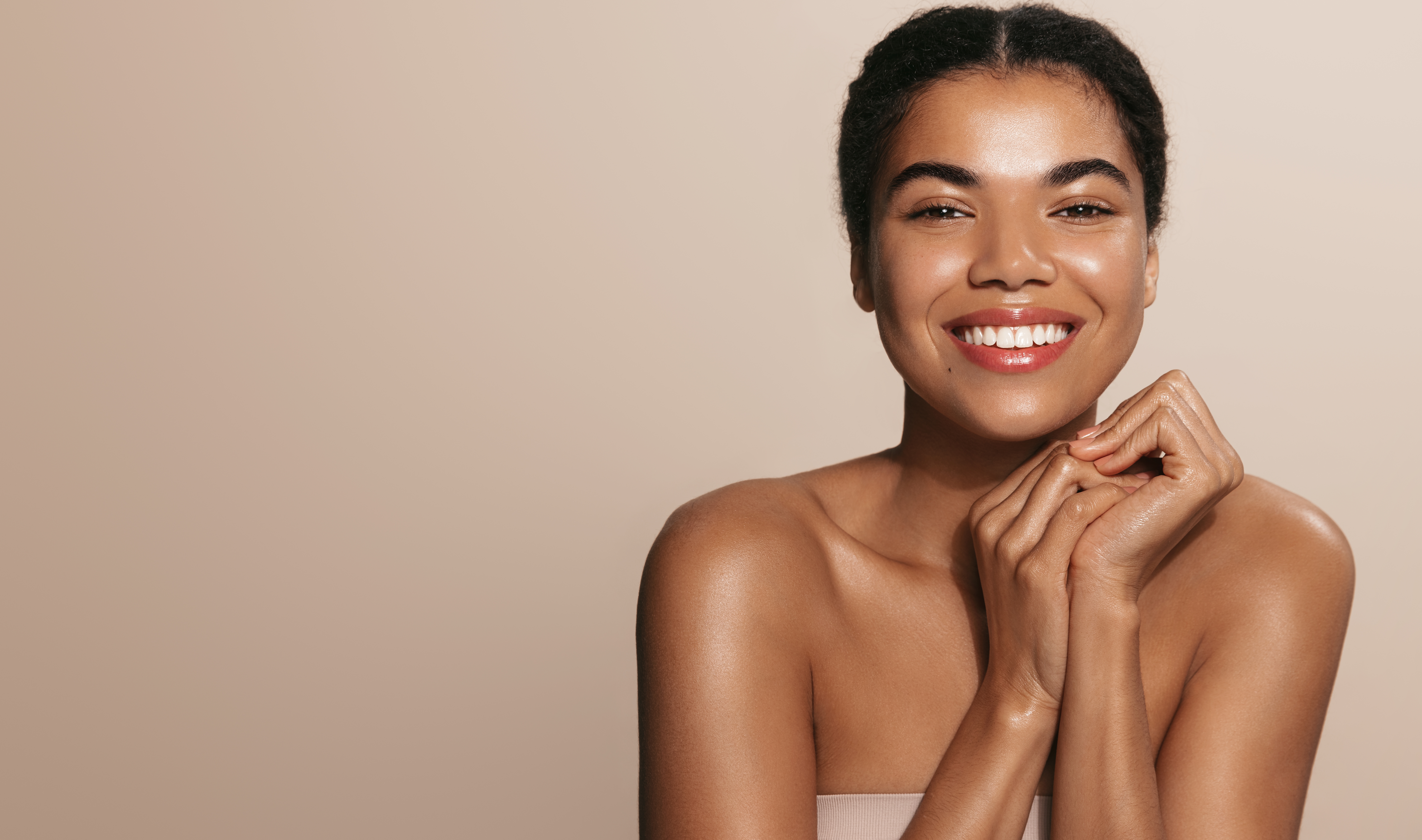
BHRC BLOG
10 Anti-Aging Ingredients You Want To Incorporate Into Your Skincare Regimen
Like Geoffrey Chaucer says, time and tide wait for no man. With time, your skin, muscles, and bones become loose and wrinkled, making you look old. There’s lots of valid research on products that protect your body against the effects of gravity, sun exposure, sagging, and the occurrence of fine lines and wrinkles that make you look old. But all is not lost. The good news is, you can slow down the aging process of your skin by incorporating some of these 10 anti-aging ingredients into your skin care regimen.
1. Matrixyl
The human skin gets its elasticity from the naturally-occurring protein, collagen. Thus, the more collagen your body produces, the younger your skin will look.
Matrixyl is a peptide found in many skin-care creams as one of the anti-aging ingredients and research published in the Molecular Pharmaceutics in August, 2013 hails it as a great enhancer of collagen production.
Apart from enhancing skin elasticity, collagen shows great potential in tissue regeneration and tissue engineering. Specifically, the collagen-boosting properties of the peptide Matrixyl are already proving useful in stem cell research, wound healing, and of course in cosmetics.
2. Retinol
Some of the most effective wrinkle-fighting products are manufactured from retinoids, many of these being prescription-only.
A milder and safer substitute sold over-the-counter is Retinol. This is a Vitamin A derivative that lightens superficial spots, opens up skin pores, improves skin texture, and smooths out skin wrinkles.
Retinol is not only effective, but potent too. Especially when exposed to sunlight. It works best when applied before bedtime and followed up by a moisturizing regimen immediately upon waking up.
3. Zinc Oxide
One of the worst enemies of healthy collagen production is long wave ultraviolet – A rays (UVA Rays). Zinc oxide is a wide-spectrum sunlight blocker which protects you from UVA, UVB, and UVC rays. It’s one of the best anti-aging ingredients you should look for in your sunscreen of choice.
Your skin doesn’t absorb Zinc Oxide. Instead, the Zinc Oxide absorbs, scatters, reflects, and deflects harmful ultraviolet radiation. The new nano-formats of Zinc-Oxide that are now being developed, protect against hyperpigmentation and the greyish finish that was common with earlier sunscreens.
4. Hyaluronic Acid
This is a very mild acid that is also a humectant – meaning it draws water away from the skin. As a skin lotion ingredient, hyaluronic acid adds to your skin’s moisturizing qualities, and enhances the skin’s collagen production. When making your skin lotion purchases, always look for brands that contain hyaluronic acid for the best anti-aging effects.
5. Ascorbic Acid
Vitamin C is one of the most important vitamins in the human body that provide anti-aging properties. The body uses it to maintain our dental health, our blood vessels, teeth, bone, cartilage, skin, and to avoid macular conditions in aging eyes. Unfortunately, the human body does not store Vitamin C.
Ascorbic acid is a perfect source of vitamin C and is also a very efficient antioxidant. It can be taken with or without meals. If you take slow-release ascorbic acid capsules, you need to take it whole as prescribed. Chewing or crushing may put you at risk of various side effects.
6. Tropoelastin
This water-soluble molecule binds to form the protein elastin. Elastin is a critical protein found in internal body organs, in the skin’s extracellular matrix, and in all connective tissues.
As the name suggests, elastin is a flexible protein and this characteristic is what gives youthful suppleness to your skin. In fact, you may notice that when you pinch your skin, you’ll notice that it stretches and upon release, snaps back into place. This is possible because of the presence of elastin in our skin.
Other forms of treatment to achieve a smooth, supple skin complexion include Ultherapy.
7. Vitamin E
This is also one of the most important anti-aging ingredients that repairs damage to cells and acts as an antioxidant. Vitamin E is necessary for the management of many conditions such as chemical damage to skin, hair loss, reducing muscle damage, increasing energy levels, and improving physical endurance.
In many products, Vitamin E may be listed as a variation of the ingredients tocotrienols and tocopherols. Vitamin E is naturally abundant in citrus fruits, most other fruits, vegetables and vegetable oils, meats, poultry, wheat germ, eggs, and cereals.
8. Niacin
Niacin and Niacinamide are forms of Vitamin B3 and are available naturally in brown rice, tuna, turkey, chicken, lamb, salmon, peanuts, and beef. Vitamin B3 is used to treat dementia and peeling red skin. It helps reduce inflammation, reduces hyperpigmentation, and increases your tolerance to more irritating ingredients such as retinol.
As an anti-aging ingredient, niacinamide stimulates microcirculation in the skin’s layers, prevents skin water loss, and increases important fatty acids in the skin. It is also important in treating discolorations and treating acne.
9. Alpha Hydroxy Acids (AHAs)
AHA’s work by dissolving old and dead cells that build up with time. They minimize discoloration, clear up pores, and slough off old skin to reveal a fresher, more youthful layer.
AHAs are best used in creams and should be applied in the morning to combine with a retinoid treatment in the evening.
On product labels, you need to look for glycolic, citric, lactic, and malic acids.
10. Coenzyme Q10, or Vitamin Q
Coenzyme Q10, or Vitamin Q, is a strong antioxidant that protects collagen and elastic skin tissue. It helps the skin rejuvenate and protect itself from damage. Vitamin Q is also believed to help in the prevention of heart disease. Vitamin Q is a fat-soluble, naturally occurring antioxidant.
We start losing our Vitamin Q10 from our early 30s and by the time we are in our 70s, we have levels as low as we did at birth.
Vitamin Q is best used when in topical creams though also available in dietary supplements. Other uses of vitamin Q include enhancing male fertility, boosting immune systems, treating migraines, and to counteract muscle pains.
11. Ultrasound Energy?
And just for fun, there’s the bonus number 11…
…and yes, you read correct! When these topical skincare remedies don’t do the trick, there’s a non-surgical skincare technology called Ultherapy that can contour your skin using high-intensity sound energy.
When it comes to anti-aging, there’s always a way…
With These Anti-aging Ingredients, Aging Has Limits..
Aging is an inevitable process that all of us will face as time passes. That doesn’t mean you have to accept the results aging has on your skin. Take the health of your skin into your own hands, and include quality ingredients into your daily skin care regimen.
These anti-aging ingredients can be found in many top-quality skin care products, and if they aren’t, you now know which ones to ask for when you seek professional advice from your trusted health provider.
References






